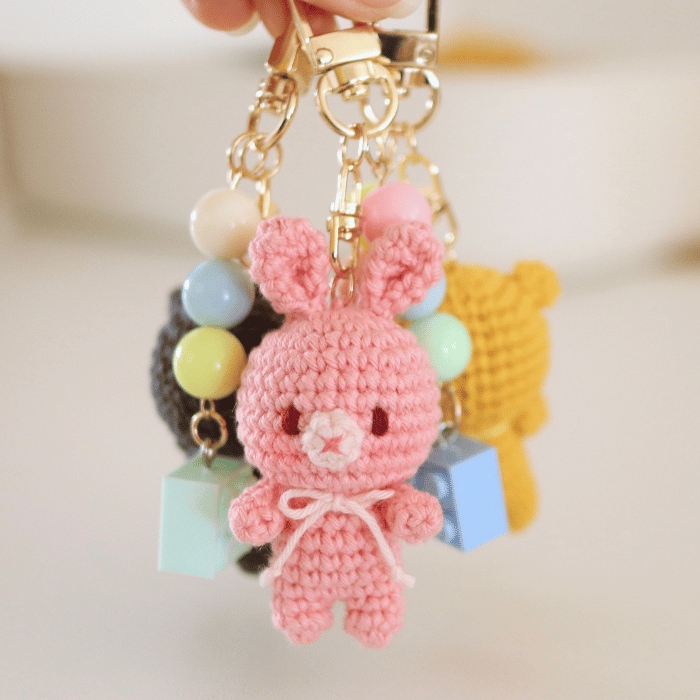News
The Rise of Handmade Goods: Why They’re More Popular Than Ever
1. Uniqueness and Personalization
- In a world filled with mass-produced items, consumers are drawn to the one-of-a-kind appeal of handmade goods.
- Each handmade product has its own charm, from subtle variations in color to distinct textures, adding a personal touch.
2. Superior Quality and Durability
- Handmade items are crafted with care and precision, often using premium materials.
- A worthwhile investment: These products are built to last, offering longevity compared to mass-produced alternatives.
3. Sustainability and Eco-Friendliness
- Handmade goods are typically made in small batches, reducing waste.
- Many artisans opt for sustainable and recycled materials, aligning with eco-conscious values.
4. Supporting Artisans and Small Businesses
- Buying handmade supports local artisans and their craft, preserving tradition and fostering creativity.
- It’s a meaningful way to contribute to the community and the global movement toward ethical consumption.
5. Appreciation for Craftsmanship and Tradition
- Handmade items reflect time-honored techniques and a dedication to the art of creation.
- They embody cultural heritage and the value of preserving traditional skills.
6. A Unique Shopping Experience
- Purchasing handmade products often comes with stories and connections to the artisans, adding emotional value.
- Limited-edition or one-of-a-kind creations make owning a handmade item feel exclusive and special.
7. The Impact of Social Media and Online Platforms
- Social media platforms like Instagram and marketplaces such as Etsy have enabled artisans to reach a global audience.
- The visual storytelling of handmade goods has made them more accessible and desirable.
Conclusion
Handmade goods represent more than just products; they embody creativity, sustainability, and individuality. As consumers increasingly value uniqueness, quality, and eco-conscious choices, the popularity of handmade items continues to grow.

